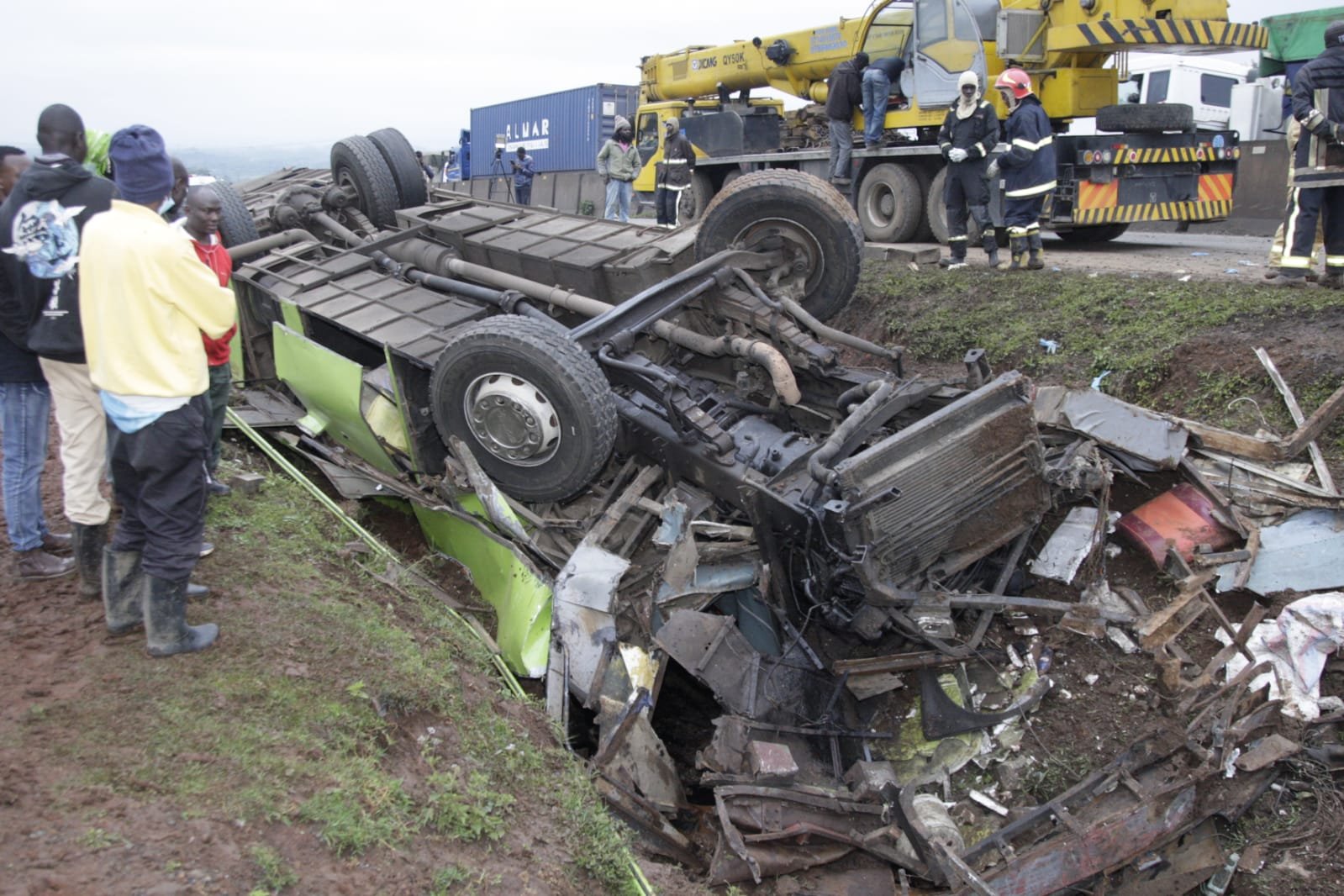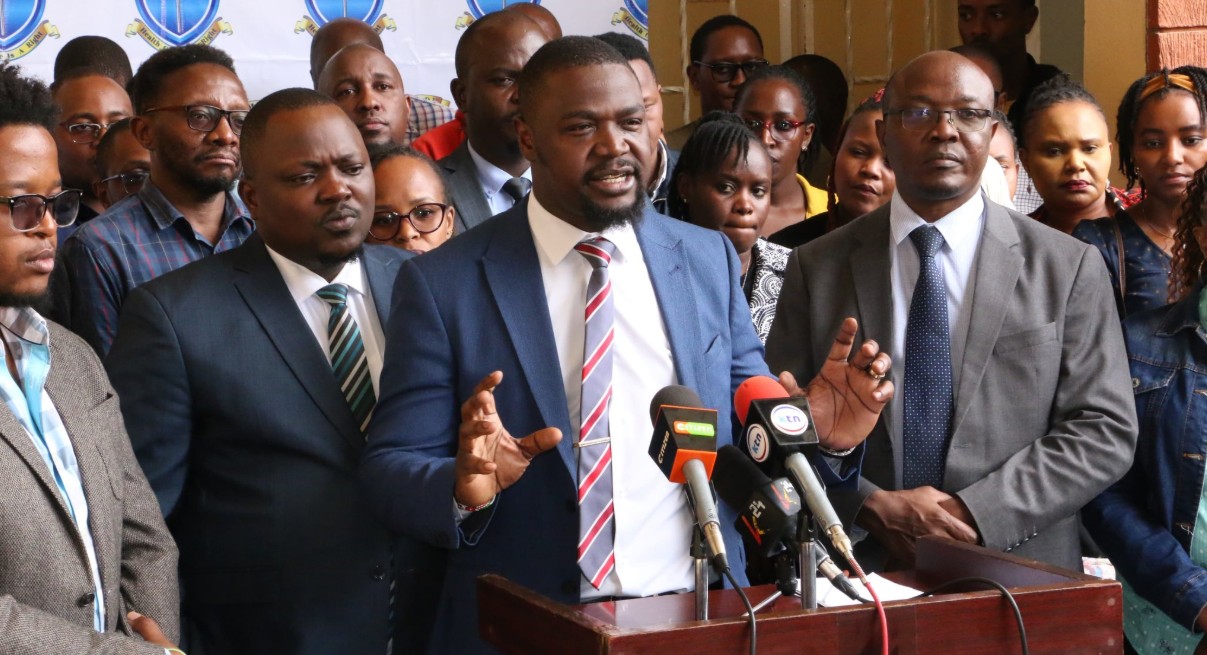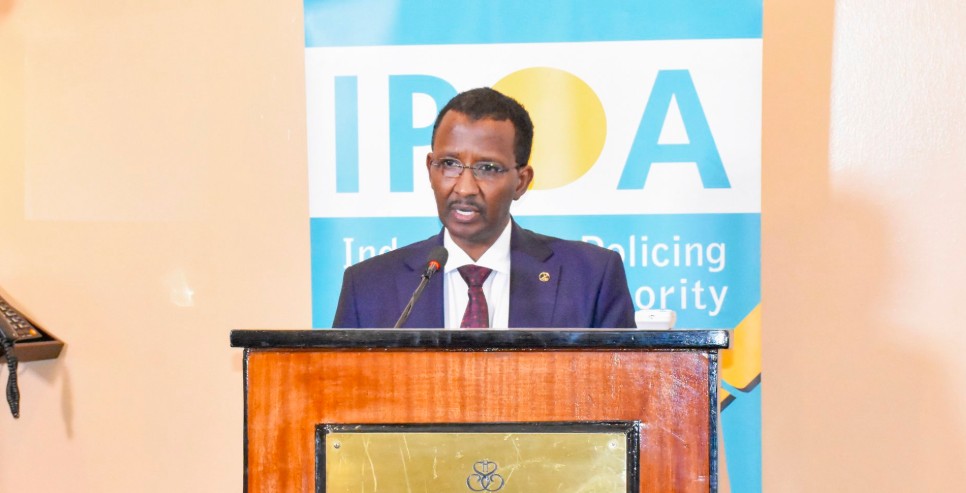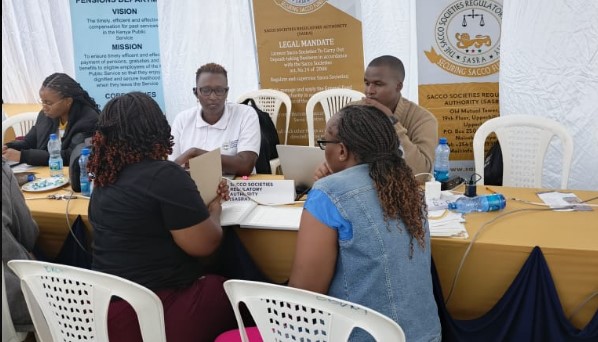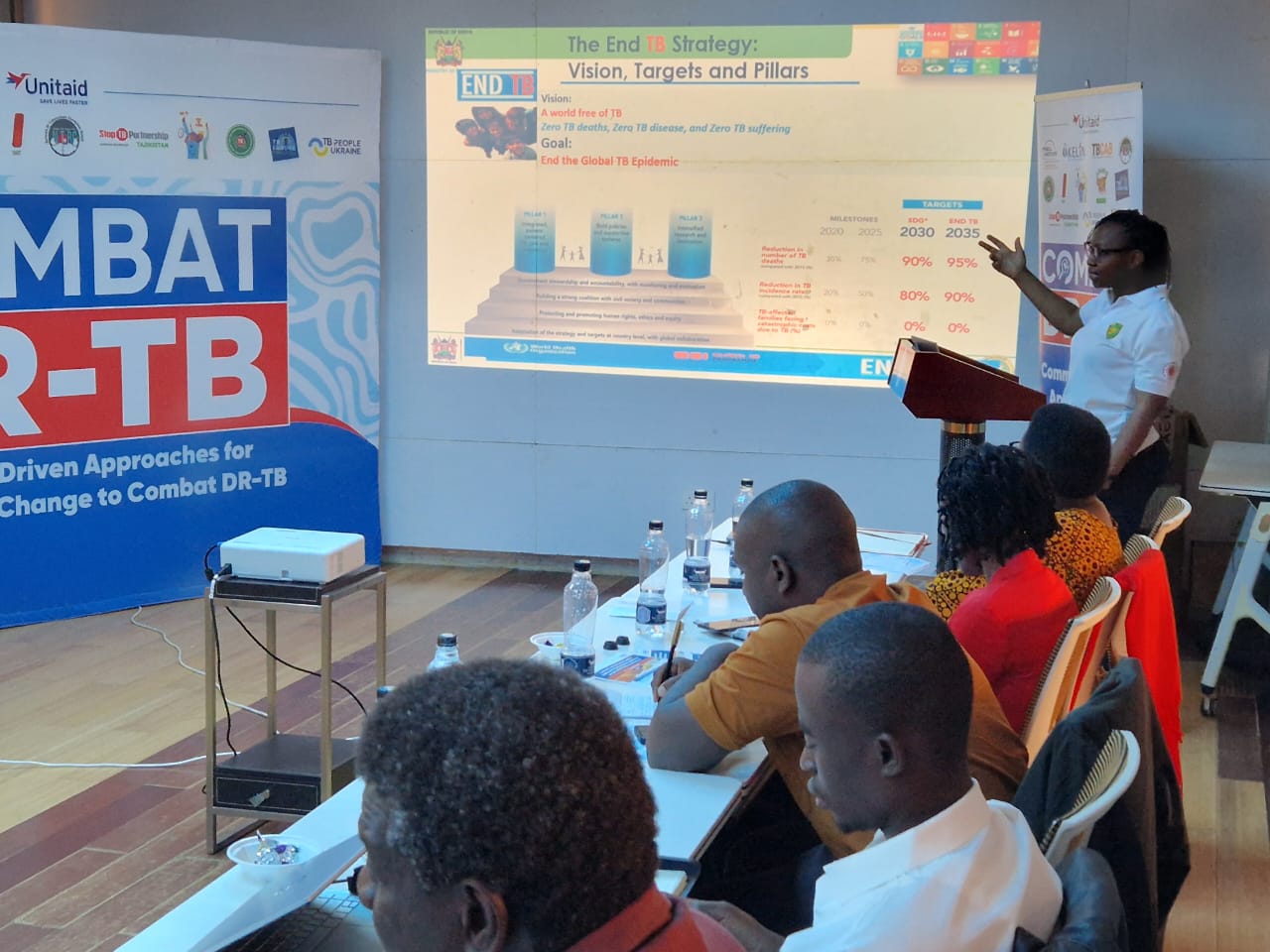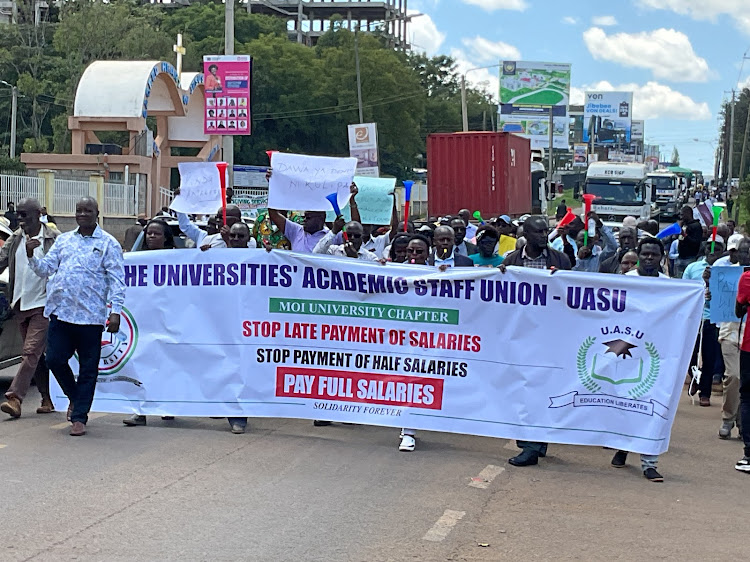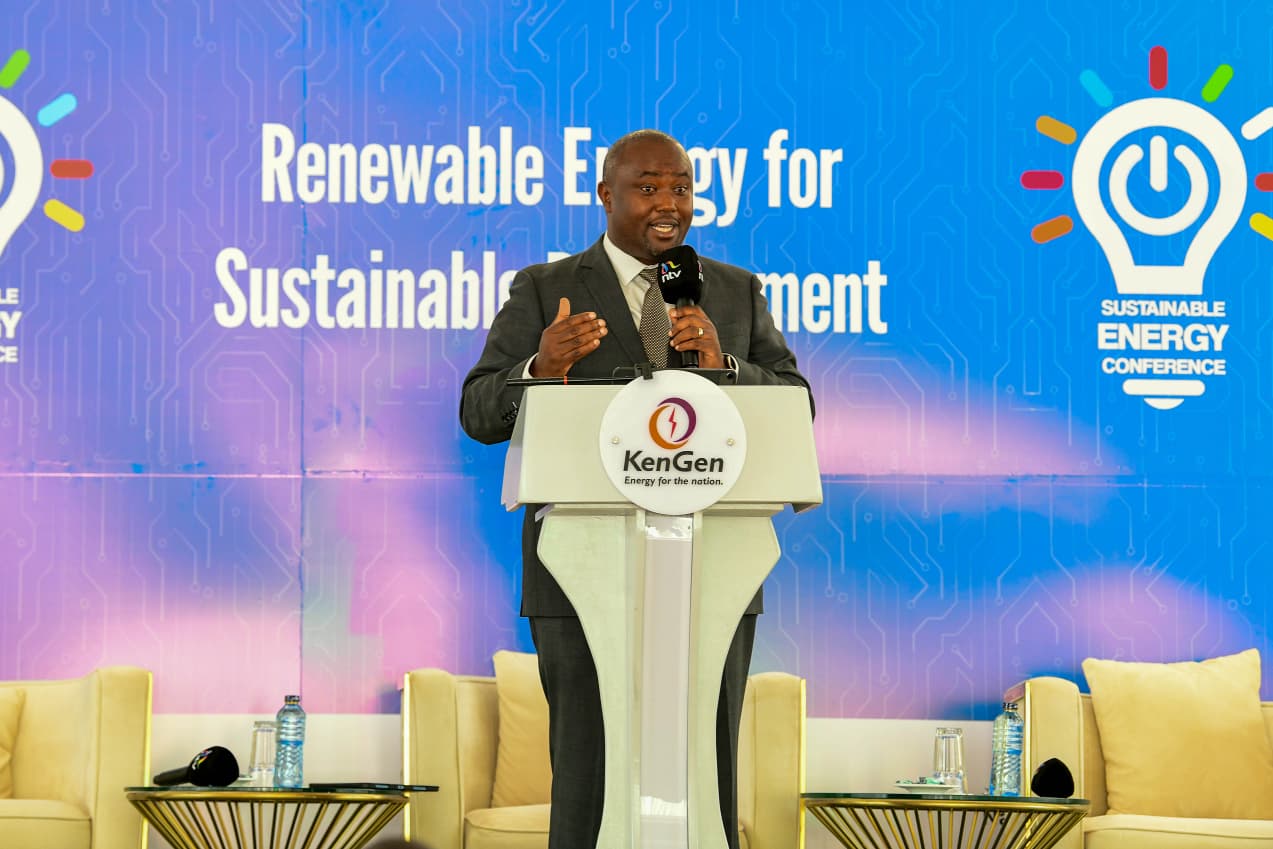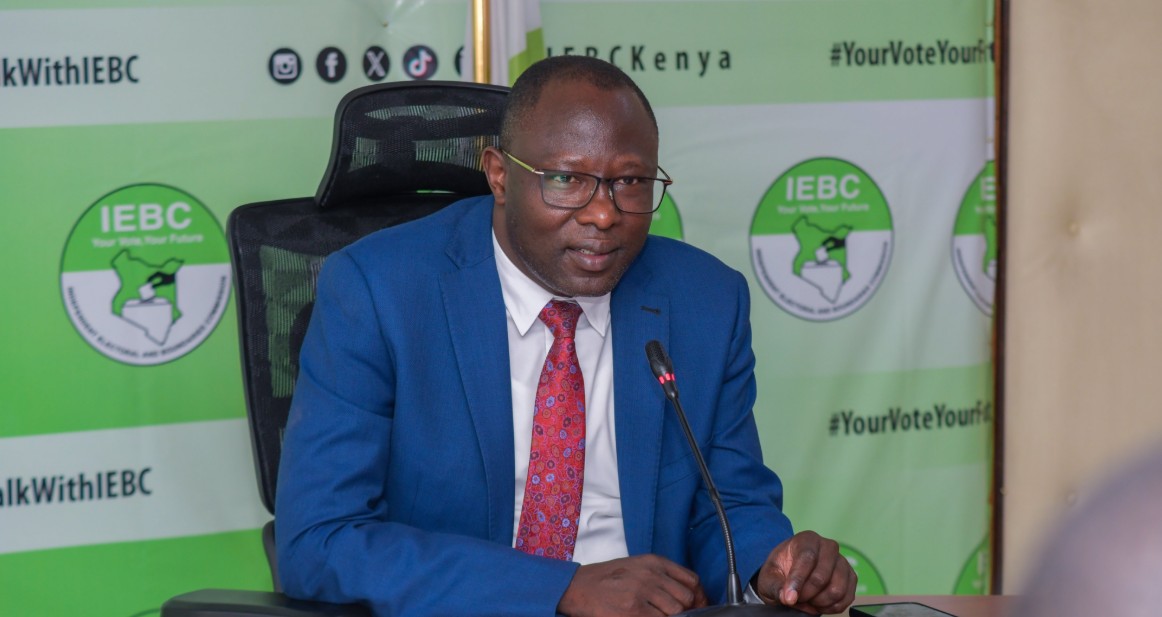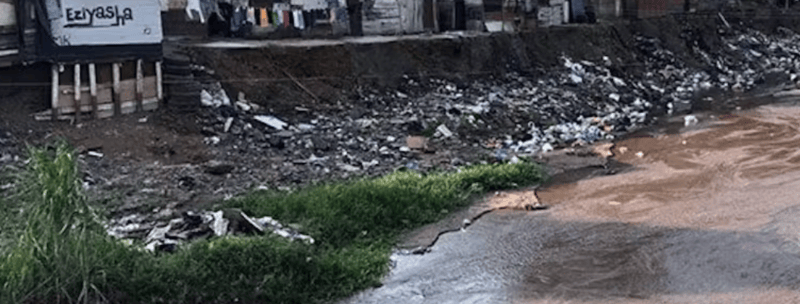Government orders nationwide removal of asbestos, property owners to bear costs
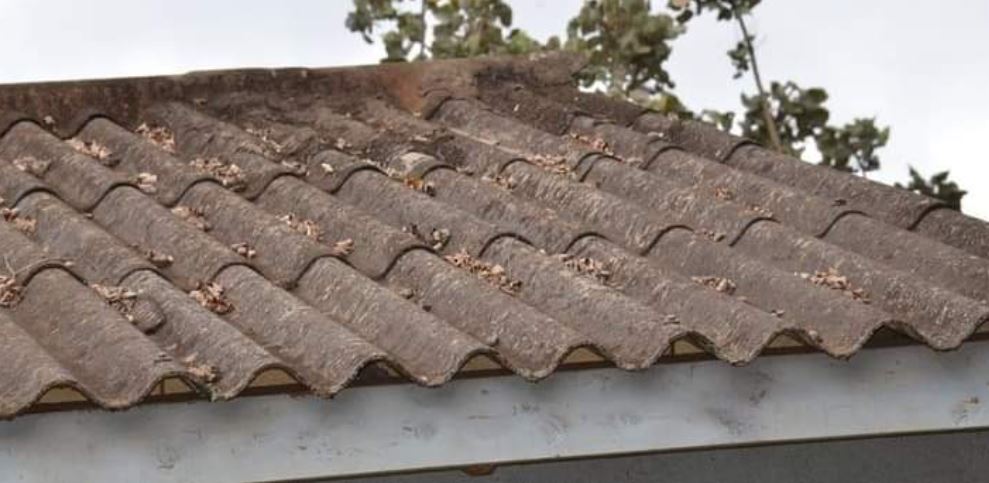
The directive, approved by the Cabinet on Tuesday, will require property owners to cover the costs of removal and disposal.
The government has ordered the removal of asbestos from all public and private buildings across the country, in a move aimed at mitigating health risks associated with exposure to the hazardous material.
The directive, approved by the Cabinet on Tuesday, will require property owners to cover the costs of removal and disposal.
More To Read
- NEMA issues 14-day ultimatum to businesses over pending licence applications
- Governor Sakaja vows to deregister private firms over illegal dumping of waste
- More than 140 environmental defenders killed in 2024
- World Ozone Day in Nairobi: Michuki Memorial Park highlights 40 years of ozone protection
- How cancer misinformation exploits the way we think
- Lawyer moves to court over Nairobi City Park takeover by KFS
"To enhance public health and safety, the Cabinet has approved a nationwide asbestos removal initiative from all public and private facilities to mitigate health risks associated with asbestos exposure," the Cabinet said.
It noted that the National Environment Management Authority (NEMA) will oversee the safe removal, handling and disposal of asbestos, while county governments have been directed to establish designated disposal sites.
Under the ‘polluter pays’ principle, property owners will bear the cost of removal, a move the government believes will reduce a future disease burden, cut healthcare costs and improve environmental safety.
Last year, Environment Cabinet Secretary Aden Duale directed all government institutions, including Kenya Railways Corporation, Kenyatta University, Kenyatta National Hospital and the Kenya Medical Training College, to remove asbestos roofs by December 31, 2024.
The directive followed a nationwide mapping by NEMA, which identified a high concentration of buildings with asbestos roofing, particularly in Nairobi.
Speaking before the National Assembly’s Petitions Committee, Duale highlighted the urgency of removing the material, noting its continued presence in key public institutions despite its ban in 2006.
"We cannot compromise on the health of our citizens. It is raining everywhere, and people are consuming water contaminated by these roofs. I apologise on behalf of previous regimes, but this government must tackle this issue for the sake of public health," Duale said.
Financial constraints
The CS disclosed that three ministries had been instructed to oversee the removal of asbestos, acknowledging that previous efforts had stalled due to financial constraints.
"I will take a Cabinet memo to ensure we prioritise this matter at the highest level. We cannot continue using budget constraints as an excuse while Kenyans’ health is at risk," he told the committee.
A NEMA survey revealed that asbestos roofing remains prevalent in government offices, barracks, schools, hospitals, and churches, with notable cases in Nairobi, including the Deliverance Church in Umoja.
Linked to cancer
Duale emphasised that the government is committed to eliminating the material, which has been scientifically linked to cancers affecting the lungs, larynx, and ovaries.
"The biggest problem has been the government itself, but we will ensure this issue is resolved," he added.
Asbestos was once popular for its durability, lightweight nature, and resistance to chemical corrosion, making it a common choice for insulation, ceiling tiles, and soundproofing. However, its long-term health hazards led to its ban nearly two decades ago.
The Ministry of Environment has acknowledged the risks posed by asbestos exposure and is urging property owners to comply with the directive to protect public health.
Top Stories Today

